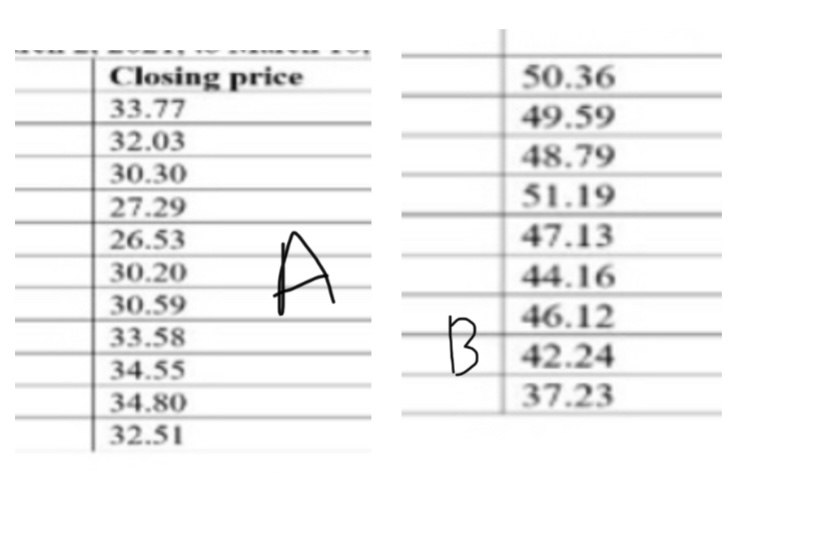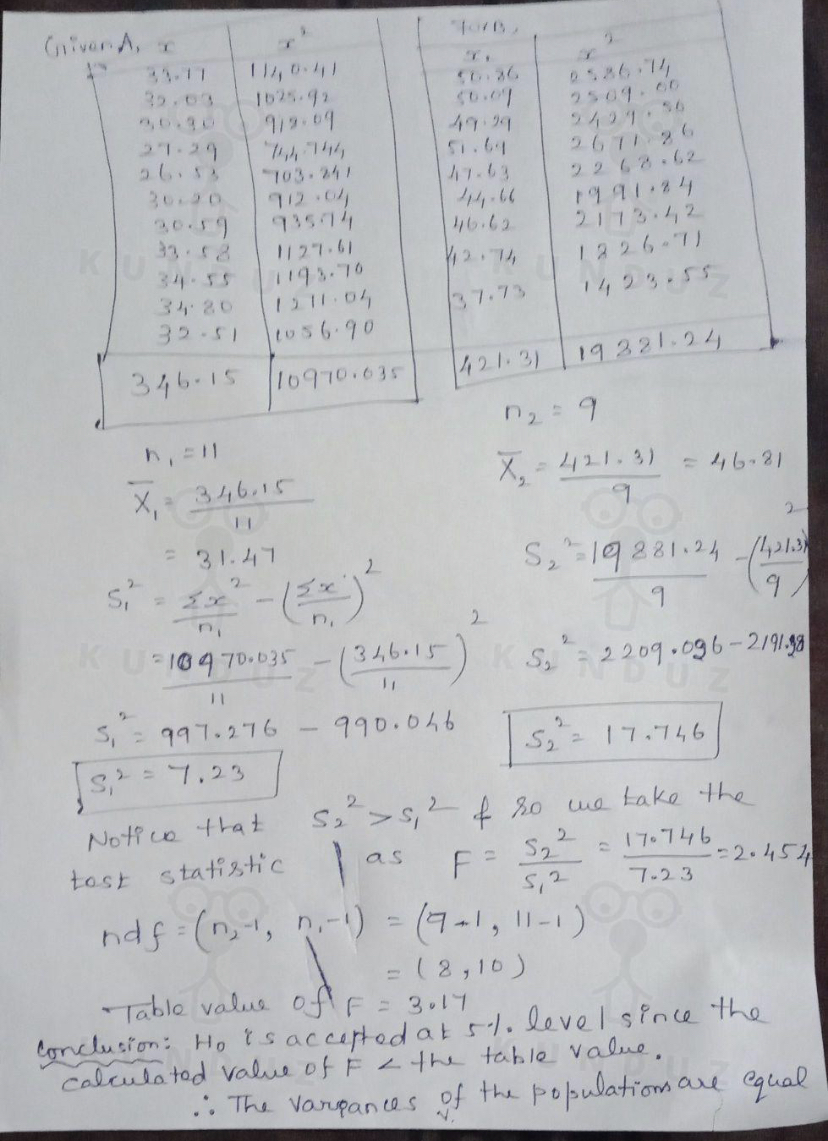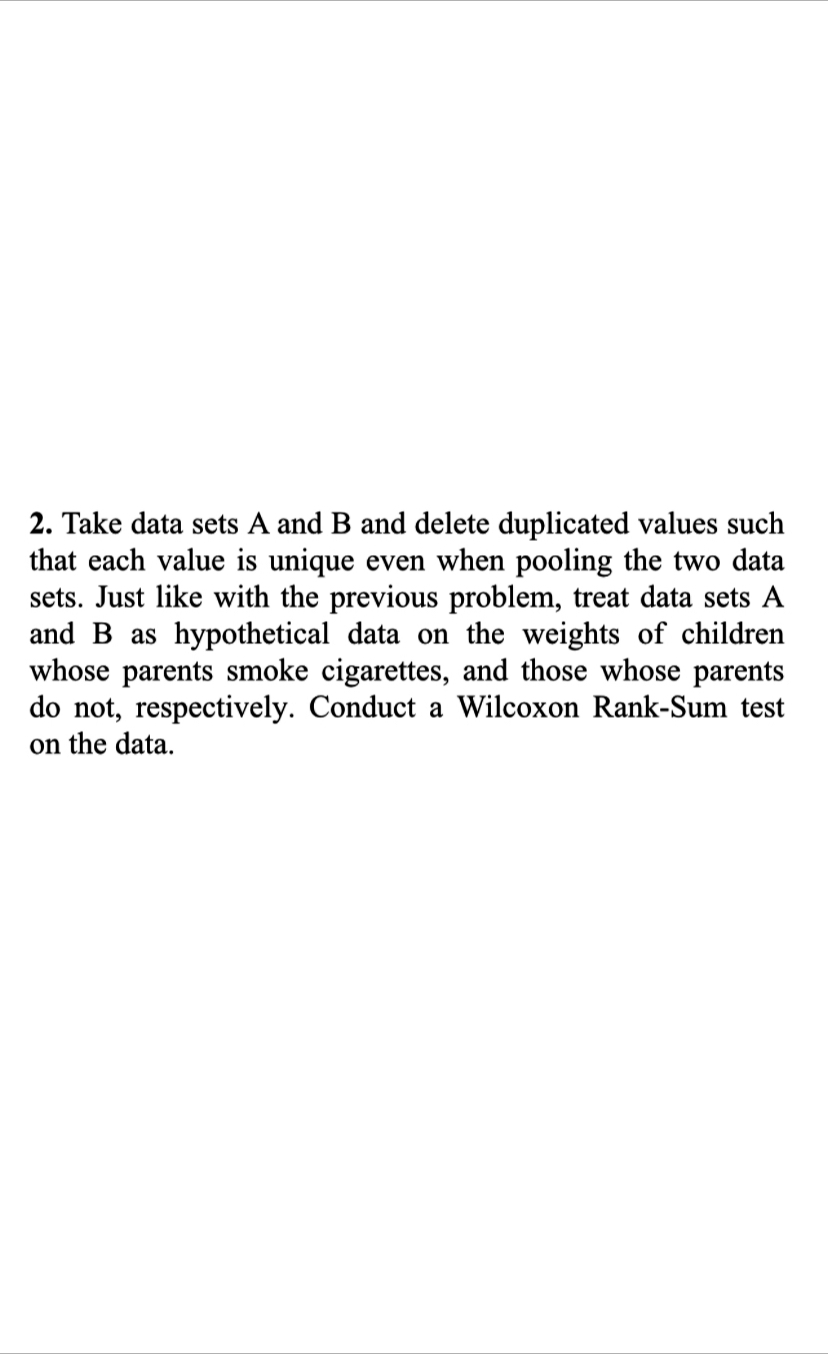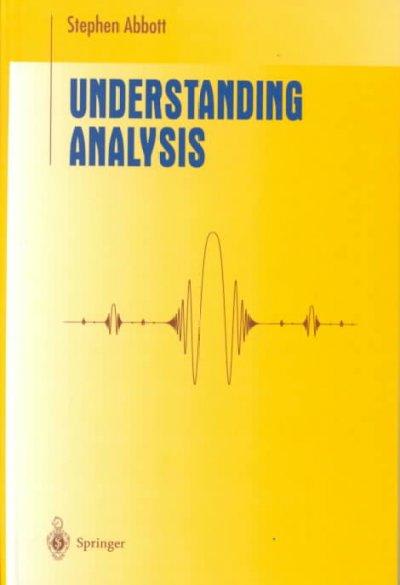Answered step by step
Verified Expert Solution
Question
1 Approved Answer
fCrivan A, r 34. 11 1 14,0.41 35. 03 1025. 97 $6.09 2509. 60 919:09 37.29 49:99 9429. 56 51. 64 267126 -103. 241 17-63






Step by Step Solution
There are 3 Steps involved in it
Step: 1

Get Instant Access to Expert-Tailored Solutions
See step-by-step solutions with expert insights and AI powered tools for academic success
Step: 2

Step: 3

Ace Your Homework with AI
Get the answers you need in no time with our AI-driven, step-by-step assistance
Get Started


